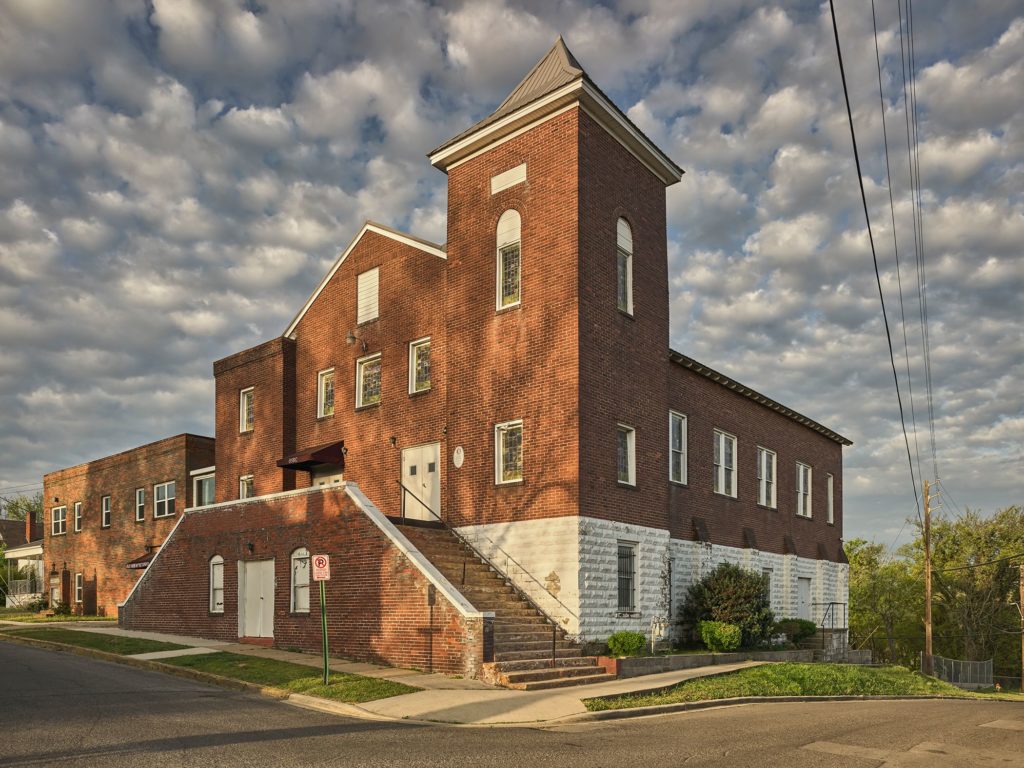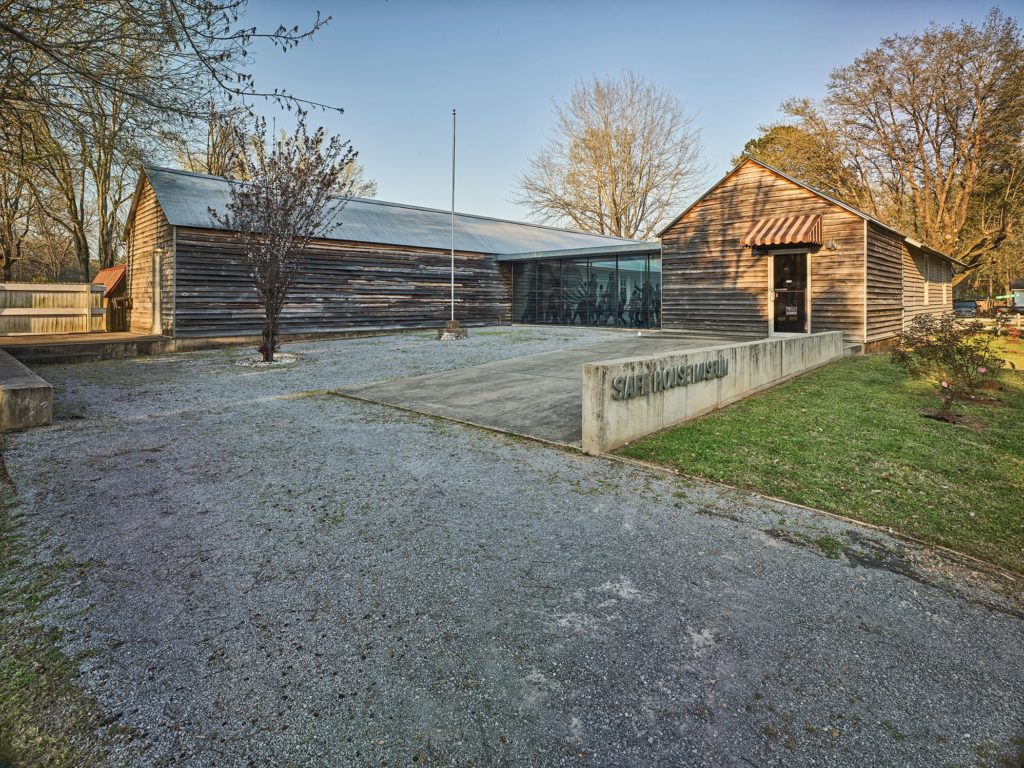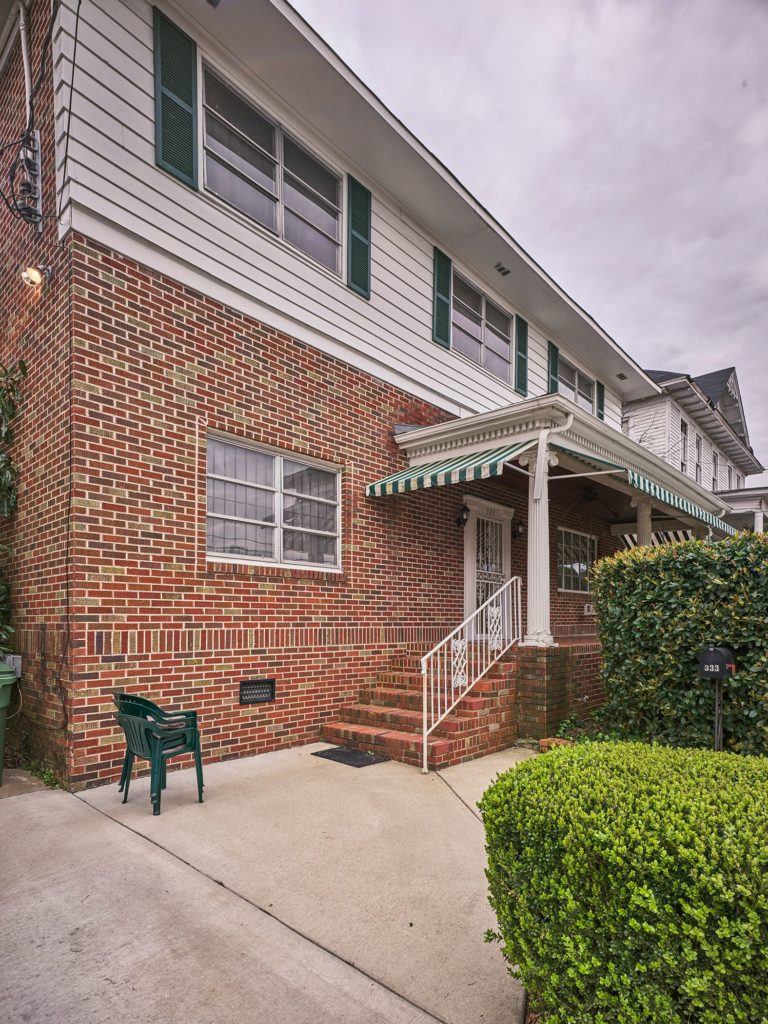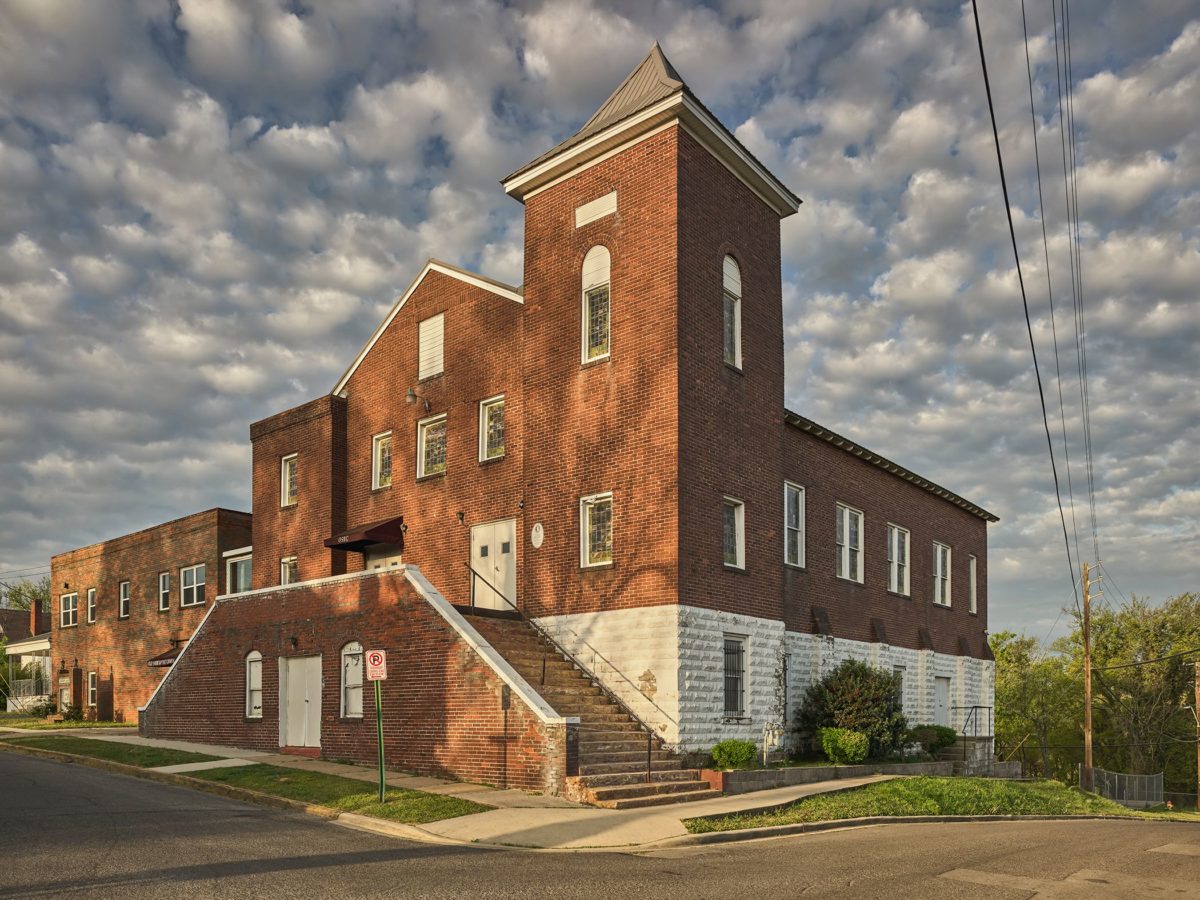PRESERVING “THE CRADLE OF THE MOVEMENT”
“The work of the Consortium expands the popular narrative of the civil rights movement by preserving and promoting these sites and the stories of the people within a broader community context. We aspire to equip a new generation with insight, information, and inspiration to transform the places where they live.” – Priscilla Hancock Cooper, Director

The Alabama African American Civil Rights Heritage Sites Consortium, Inc. (AAACRHSC or Consortium) is a collaboration between 20 historic places of worship, lodging and civic engagement that played significant roles in the African American struggle for freedom. The AAACRHSC includes three cities that inspired major civil rights campaigns and changed federal law: the Montgomery Bus Boycott (Ended segregation in public transportation), the Birmingham Children’s Campaign (Civil Rights Act of 1964), and the Selma Voting Rights March (Voting Rights Act of 1965).
AAACRHSC was launched in 2017 when the Birmingham Civil Rights Institute (BCRI) successfully nominated the sites to the World Monuments Fund (WMF) Watch for 2018. Every two years, the WMF Watch recognizes internationally significant cultural sites that present compelling conservation opportunities or face daunting threats. AAACRHSC has evolved into a network of passionate and committed individuals and institutions with a shared vision: preserving historic buildings, protecting and promoting their stories, and engaging the next generation of advocates and activists.
To fulfill this mission, AAACRHSC focuses on the expressed needs of the sites, connecting them with resources to build their capacity and long-term sustainability through a collaborative decision-making process.

AAACRHSC has developed partnerships with national organizations to create significant projects. The Educational Foundation of America and J.M. Kaplan Fund have been major funders and supporters. AACRHSC collaborated with the World Monuments Fund (WMF) to develop the Voices of Alabama web platform featuring oral history interviews. National Park Service photographer Jarob Ortiz used photos of the sites for the first large format digital photography project sponsored by the NPS Historic American Buildings Survey.
Since 2018, AAACRHSC sites have received more than $5 million from the National Park Service civil rights grants program. The Smithsonian National Museum of African American History and Culture commissioned AAACRHSC to develop a “Toolkit for Cultural Collaboration” to be distributed on its website and via workshops later this year.
Guided by the findings of its 2019 Strategic Plan report, AAACRHSC will continue to support this important work with initiatives focused on organizational development, site capacity and access to resources, outreach and education, tourism and interpretation, creative placemaking and expanding documentation.

For a complete list of sites and more information, visit: AAACRHSC.org
For Voices of Alabama oral history interviews, visit: voicesofalabama.org

